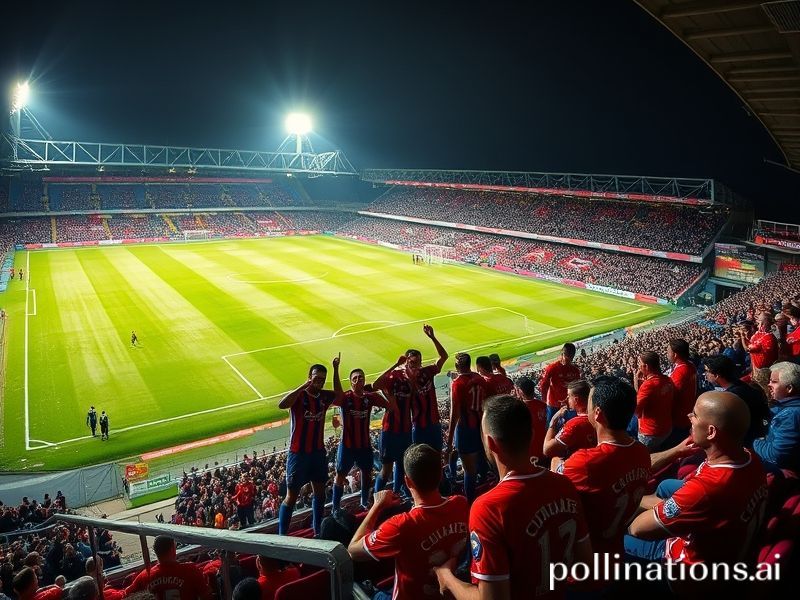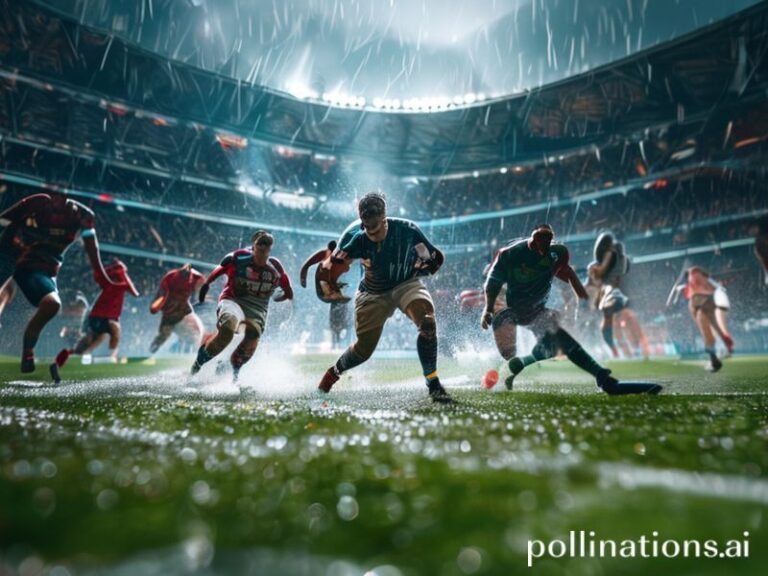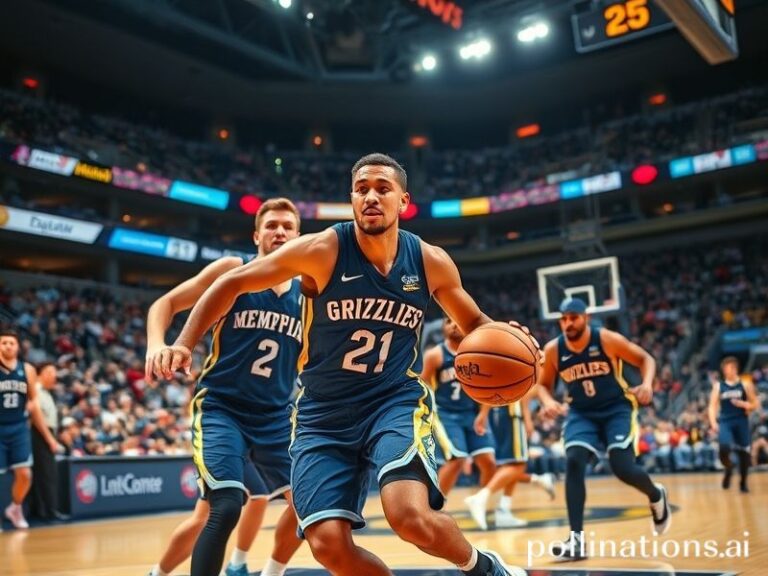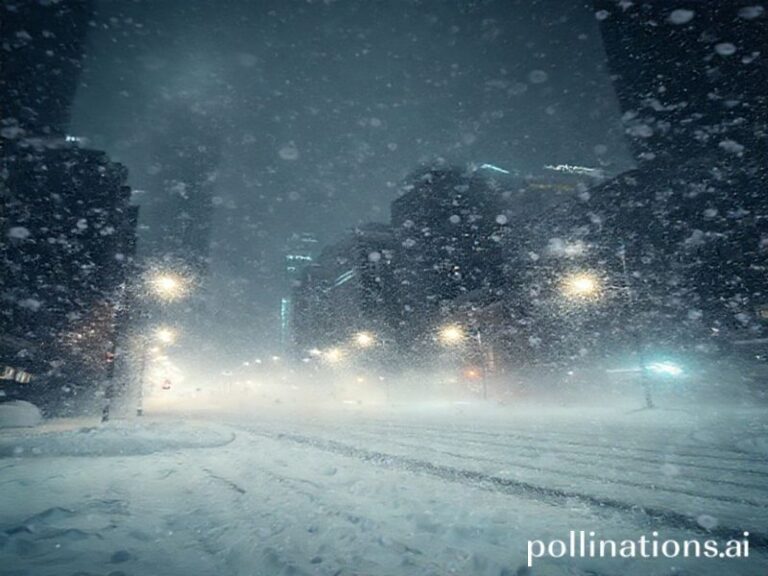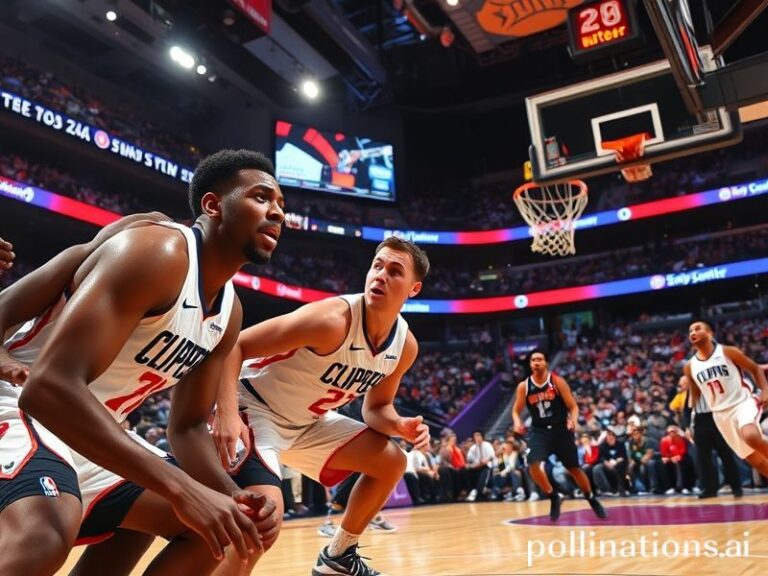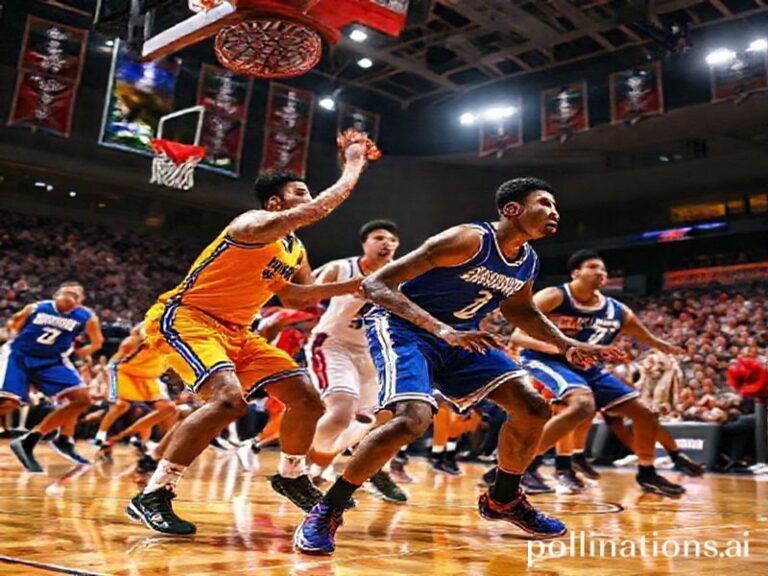From Berlin Walls to 5G Streams: The Global Timeline of Crystal Palace vs. Liverpool’s Gloriously Pointless Rivalry
Crystal Palace vs. Liverpool: A Timeline of Beautiful, Pointless Drama That the Whole World Pretends to Care About
By our man in the cheap seats, somewhere between Croydon and Calcutta
1990 – Berlin Wall still wobbling, Mandela still in the queue for parole, and Crystal Palace—yes, the pride of South London’s retail-park belt—dump Liverpool out of the FA Cup. The planet’s attention is momentarily diverted from the slow-motion collapse of the Eastern Bloc to watch Ian Wright do keepy-uppies. Historians still debate whether this result or German reunification had the longer queues in the pub that night.
1992 – Premier League invented, Sky Sports buys the broadcast rights, and suddenly a nation’s working week is re-engineered around 4 pm on Sundays. Palace get relegated anyway, proving that you can sell the sizzle, but someone still has to cook the sausage. Across Asia, satellite dishes sprout like metallic mushrooms as traders in Kuala Lumpur realize you can short the baht and still make kick-off.
2005 – Liverpool win the Champions League in Istanbul, a comeback so absurd that conspiracy theorists in Lagos use it as proof that anything—yes, even local electricity—can be restored in six miraculous minutes. Palace, meanwhile, are busy losing to Grimsby on a Tuesday in the League Cup, reminding humanity that for every phoenix, there is a damp pigeon.
2013–14 – Luis Suárez plays like a man who’s swallowed a PlayStation controller. Palace, managed by caretaker Tony Pulis (wearing baseball cap as if to shield himself from his own reputation), come from 0–3 down to draw 3–3 and torpedo Liverpool’s title hopes. Twitter melts faster than Arctic permafrost; somewhere in Silicon Valley a junior coder decides that “bottled it” should be auto-completed after the word “Liverpool.” The global stock of schadenfreude spikes 4.7 %.
2015 – Klopp arrives at Anfield with the smile of a philosophy grad who’s just discovered nihilism pays better than academia. Palace fans unveil a banner reading “Norwegian Cheese Klopp” because, well, international trade in dairy-based insults is still tariff-free. The game ends 2–1 to Palace, and the pound dips 0.3 % on currency desks that confuse Jordan Henderson’s passing accuracy with UK productivity stats.
2017 – Christian Benteke, once Liverpool’s £32 million misfit, scores a hat-trick for Palace against his ex-employers. Economists in Shanghai note the transaction as a rare example of reverse colonial resource extraction. Liverpool fans console themselves with analytics, the modern opium of the mildly disappointed.
2019 – Liverpool win the Champions League again, this time without the cardio cliff-hanger. Palace finish mid-table, a position so stable it could be used as collateral in a European bond market. Meanwhile, in Bogotá, a barista streams the game over 3G and wonders if humanity’s priorities are correctly ordered. He decides they are not, but pours another flat white anyway.
2021 – Empty stadiums, piped-in crowd noise, and a 7–0 Palace defeat at Anfield—proof that even without spectators, Liverpool can still inflict pain on a global audience via Wi-Fi. Netflix executives take notes for the next dystopian docudrama.
2023 – Palace appoint a manager whose surname is Glasner, prompting Austrian tabloids to claim half of Salzburg now supports “die Adler von Croydon.” The match finishes 1–1, the geopolitical equivalent of Switzerland.
2024 – As COP delegates argue over carbon credits in Dubai, Palace and Liverpool trade 90 minutes of end-to-end football that consumes enough aviation fuel to power a small island nation. The final score is 2–1 to whichever side you hate less; the moral score remains nil-nil.
Conclusion
From Cold War curios to post-Brexit existential theatre, Palace vs. Liverpool has become a reliable biannual reminder that the world is simultaneously shrinking (thanks to 4K streams in Mumbai bars) and expanding (thanks to the psychic space required to accommodate fresh heartbreak). If history teaches us anything, it’s that nations rise, empires fall, but Crystal Palace will always find a way to be inconveniently heroic, and Liverpool will always pretend they saw it coming. Meanwhile, the rest of us—traders in Jakarta, cabbies in Nairobi, insomniacs in São Paulo—keep refreshing our phones, proving that the only truly borderless currency is collective delusion. See you next season, comrades; the kettle’s on.

